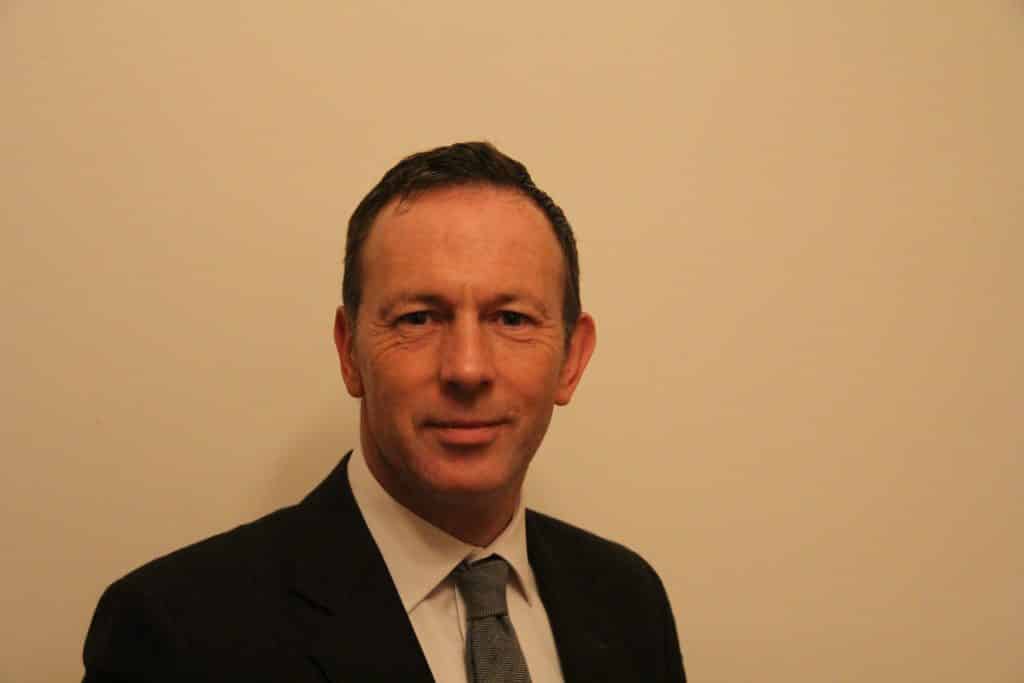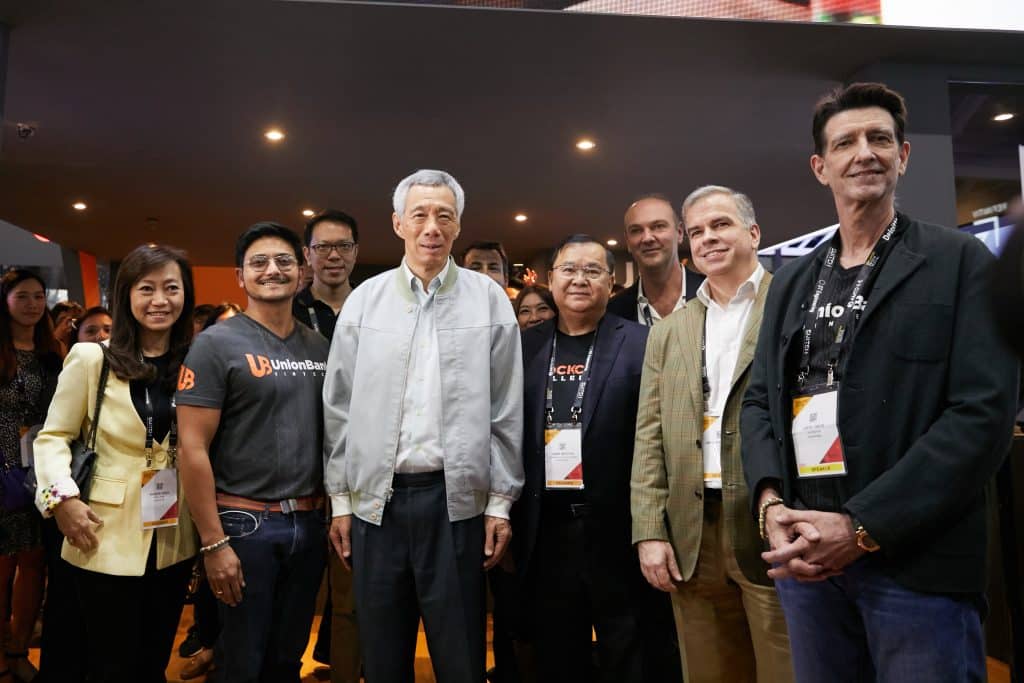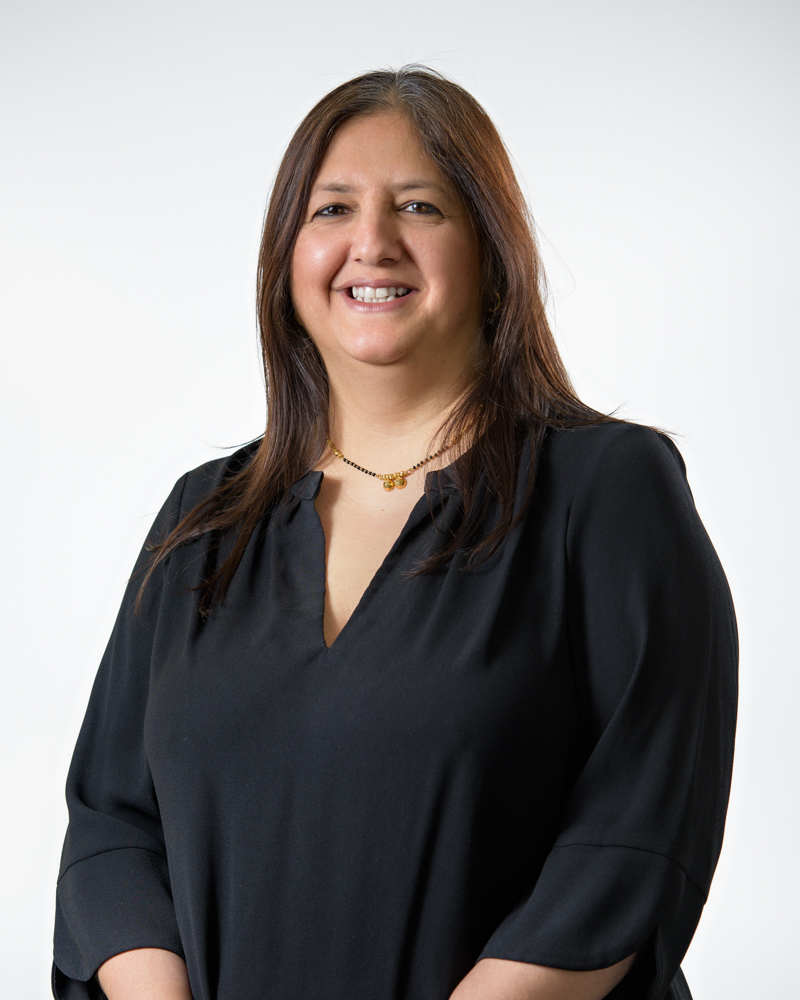In
2020, the European Institute of
Innovation & Technology (EIT) will invest EUR 500
million in its Knowledge and Innovation Communities across Europe – the EIT
Governing Board decided. This investment will drive European innovation in the
areas of climate (EIT Climate-KIC), digitisation (EIT Digital), food (EIT Food), health (EIT Health), sustainable energy (EIT InnoEnergy), advanced and
sustainable materials (EIT RawMaterials), manufacturing (EIT Manufacturing) and urban mobility (EIT Urban Mobility).
The EIT’s eight Knowledge and Innovation
Communities competed for EUR
500 million and were evaluated against their strategies and
business plans for 2020, as well as their performance to date. Based on this,
the EIT Governing Board decided to allocate the following grants (in order of
their selection in 2009, 2014, 2016, and 2018*):
EIT Climate-KIC: EUR 78.4 million
EIT Digital: EUR 66.2 million
EIT InnoEnergy: EUR 77.8 million
EIT Health: EUR 85.1 million
EIT Raw Materials: EUR 81.7 million
EIT Food: EUR 55.1 million
EIT Manufacturing: EUR 26.8 million
EIT Urban Mobility: EUR 28.8 million
In addition, the EIT Governing Board also
decided to allocate EUR 30 million to the EIT Regional Innovation Scheme (EIT RIS) – the programme that helps modest and moderate regions
(according to the European Innovation Scoreboard) to fully realise their
innovation potential through the sharing of good practice and experience from
across the EIT Community. The EIT RIS fund will be available to all EIT
Innovation Communities that include EIT RIS eligible activities in their 2020
Business Plans. The EIT Governing Board also decided to allocate EUR 12.5 million for joint
activities between Knowledge and Innovation Communities, as for example in
the areas of artificial intelligence and Skills 4 Future.
In addition, the EIT Governing Board put in
place a Task Force on enhancing innovation and entrepreneurship in higher
education institutions, in preparation for the EIT’s role in Horizon Europe.
The Task Force will be chaired by Patrick Prendergast,
Member of the EIT Governing Board, and will include representatives of the
European Commission (DG EAC).
Dirk Jan van den Berg, Chairman of the EIT Governing Board, said: ‘I am very pleased to see the progress
in the past year, which is strongly based on the focused stewardship of the
EIT’s Governing Board. It is crucial that the opportunities the
EIT community offers innovators are scaled-up across the whole of
Europe. Why? This investment is not just to create another product, or power
another start-up; it’s to bring about the urgent need for more innovative
European solutions at a much larger scale to tackle pressing societal
challenges.’
Martin
Kern, EIT Director, added: ‘The EIT is now Europe’s proven
innovation engine and 2020 will see strong impact from our eight Knowledge and
Innovation Communities, based on their submitted plans. Our results clearly
show that the EIT’s investment delivers and turns ground-breaking ideas into
products and services for a greener, healthier, more sustainable Europe. We
particularly look forward to scaling up our support for innovators and
entrepreneurs in countries where EIT Knowledge and Innovation Communities have
a limited presence. I would like to thank the EIT Governing Board Members for
their strong strategic steering of the EIT community.‘
Investing
in what works
The 2020 funding will step up activities for entrepreneurs, innovators, and students, including
business creation and acceleration
services, entrepreneurial educational programmes and innovation-driven research
projects. These activities have been shown to work, delivering
tangible impact for Europe. In 2020, the EIT Community plans to power 1000 start-ups and scale-ups and launch more
than 360 new products
and services to contribute to Europe’s efforts of tackling
global challenges. More than 900 students are expected to graduate from EIT labelled master
and doctoral programmes, strengthening the pool of talented and entrepreneurially-minded
change agents eager to transform their best ideas into solutions for Europe. It
is foreseen that in 2020 alone, ventures supported by the EIT-Community will
raise over EUR 400
million in external capital.
Since the EIT was set up in 2008, it has created
Europe’s largest innovation community, with more than 1 000 partners and 50 innovation hubs.
This has delivered support to more than 2
000 start-ups and scale-ups, created more than 6 100 jobs and more
than 900 new products
and services. More than 2200 students have
graduated from EIT-labelled master and doctoral programmes. To date,
EIT-supported ventures have raised more than EUR 1.5 billion in external capital.
EIT BACKGROUND: Europe’s
future is connected to its power to innovate!
What
is the European Institute of Innovation and Technology (EIT)? The EIT was created in 2008 to
strengthen Europe’s ability to innovate and is an integral part of Horizon2020,
the EU Framework Programme for Research and Innovation. The EIT is a unique EU
initiative, the only one to fully integrate business, education and research.
The Institute supports the development of dynamic pan-European partnerships
among leading universities, research labs and companies. (EIT in a nutshell
Infographic)
What has the EIT Community achieved? EIT Community Success
Stories
What
is the EIT Governing Board? The
Governing Board is the EIT’s principal governing body, entrusted with the
strategic leadership and overall direction of the operational activities
implemented by the EIT Headquarters in Budapest. The Governing Board brings
together 12 leading Members from across Europe,
balancing prominent expertise in business, education, innovation and research
fields.
What
challenges do the EIT’s Knowledge and Innovation Communities focus on? EIT Knowledge and Innovation Communities
work in the area of:
Climate: accelerating the transition to a zero-carbon economy, EIT Climate-KIC,
Digitisation: driving Europe’s digital
transformation, EIT Digital,
Energy:
achieving a sustainable energy future for Europe, EIT InnoEnergy,
Health:
giving EU citizens greater opportunities to enjoy a healthy life, EIT Health,
RawMaterials: developing advanced & sustainable materials for Europe, EIT RawMaterials,
Food:
leading the global revolution in food innovation and production, EIT Food,
Urban mobility: solving mobility challenges of our cities, EIT Urban Mobility, and
Manufacturing: strengthen the competitiveness of the EU’s manufacturing
industry, EIT Manufacturing.
They offer a wide range of
innovation and entrepreneurship activities. This includes education courses
that combine technical skills with entrepreneurial ones, business creation and
acceleration services, and innovation-driven research projects.
*The
Knowledge and Innovation Communities have a lifespan of 7-15 years. During this
time EIT funding is in principle gradually increasing until year seven and
starts to decrease thereafter.
More information
on EIT Community activities.
The EIT – Making
Innovation Happen! For more information visit eit.europa.eu & follow @EITeu on Twitter




